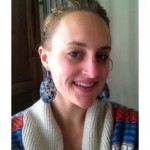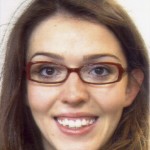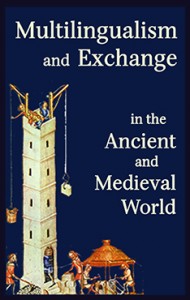Professor Nicholas Vincent, FBA, Professor of Medieval History at the University of East Anglia will be giving a lecture on ‘Who wrote Magna Carta?’ for the University of London Annual Lecture in Palaeography to celebrates the 800th anniversary of the granting of Magna Carta in 1215.
Professor Vincent is the Director of a one million pound project funded by the Arts and Humanities Research Council. This project brings together scholars at the University of East Anglia, King’s College London, the University of Oxford, Canterbury Christ Church University and the British Library and is designed to increase public understanding of the making and meaning of Magna Carta.
The lecture will be given in the Beveridge Hall (Senate House, Malet Street, London WC1E 7HU) at 6pm on Wednesday 13 May. The invitations, although absolutely free, are by ticket. Tickets are available at http://tinyurl.com/nc5ach7.
 The first Medieval Graduate Seminar of the Easter term will be held on 29th April.
The first Medieval Graduate Seminar of the Easter term will be held on 29th April. 
 On Monday 23rd February at 6.15pm, Dr Huw Grange (Cambridge) will speak at the UCL Interdisciplinary Medieval and Renaissance Seminar on ‘Mapping the Prose Tristan: A Cartographic Quest.’
On Monday 23rd February at 6.15pm, Dr Huw Grange (Cambridge) will speak at the UCL Interdisciplinary Medieval and Renaissance Seminar on ‘Mapping the Prose Tristan: A Cartographic Quest.’